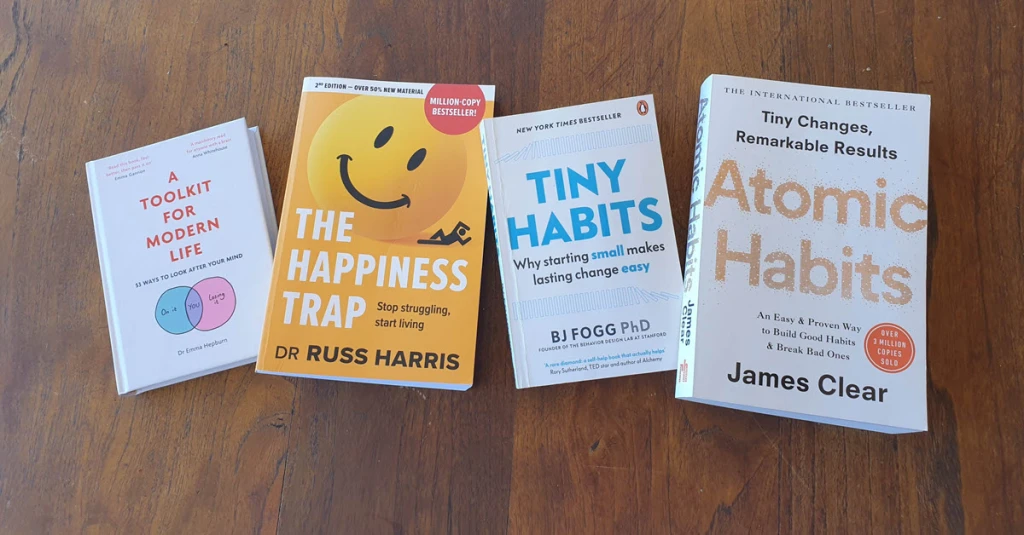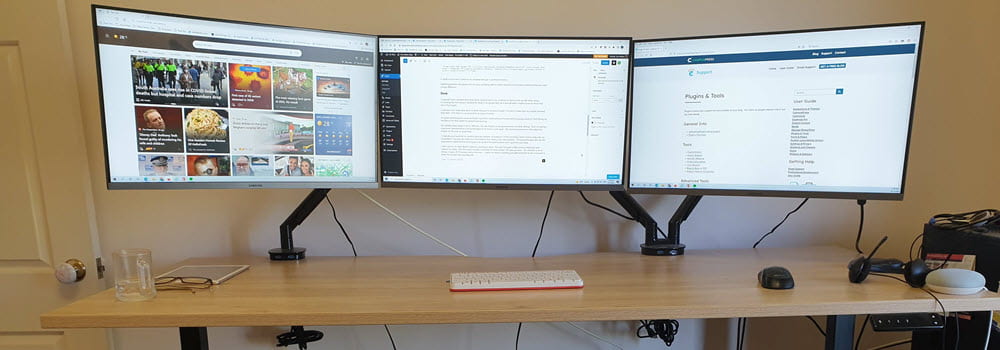We’ve worked hard emphasizing that reading other people’s posts and commenting on posts are both a very important part of the learning process as a blogger.
Maybe we’re wrong? Or maybe we haven’t helped you experience it in action?
But what I do know is some have reflected they feel that commenting feels like a burden or that once you’ve made a comment it often goes no further.
I’m hoping this is where you’ll help out?
Please share your thoughts by leaving a comment:
- Has commenting helped your learning? Yes or No? Why?
- What advice would you give others on commenting?
- What else could we do to improve the process?





Leave a comment